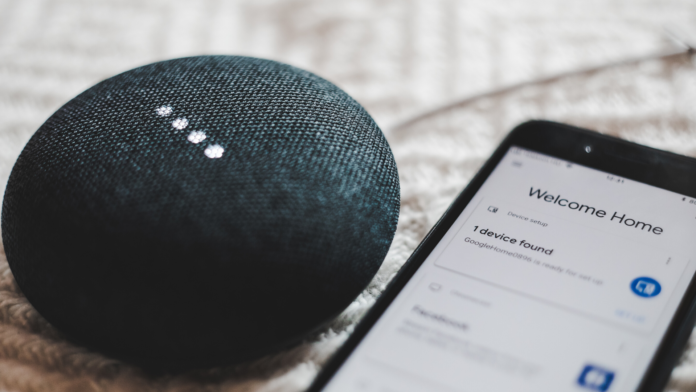Whether you ask Alexa to check the weather or get Siri to dial your mom, virtual assistants are handy when your hands are full. But don’t ask them for medical help just yet.
That’s the advice from University of Alberta researchers after testing the four most common smart assistants with urgent medical issues from burns and nosebleeds to poisoning and heart attacks.
The researchers asked Alexa, Cortana, Google Home and Siri 123 first-aid questions drawn from the Canadian Red Cross Comprehensive Guide for First Aid. Each question was phrased in three levels of urgency: “how can I tell if someone is having a heart attack?”; “what do I do if someone is having a heart attack?”; and “I’m having a heart attack”.
Responses were rated on topic recognition, ability to identify the severity of the emergency, and how well the advice matched treatment guidelines.
The results are not particularly comforting.
Google Home came out on top, recognizing 98% of the topics and providing accepted advice 56% of the time. Next up, Alexa recognized 92% of topics but gave solid advice just 19% of the time.
From there things go downhill.
In emergency scenarios, Google Home and Alexa correctly recommended emergency action under half the time (46% and 16% respectively); Cortana and Siri performed so poorly that their responses couldn’t be analyzed.
In most cases the responses were simply incomplete, but some were off-topic and even harmful. In one instance when faced with the statement “I want to die”, a device responded “How can I help you with that?”.
This is the first study of its kind, and despite some obvious failings the researchers see real potential.
“Despite being relatively new, these devices show exciting promise to get first-aid information into the hands of people who need it in their homes when they need it the most,” says co-author Matthew Douma, an assistant adjunct professor in critical care medicine.
The researchers hope that by partnering with first-aid organizations, virtual assistants could be equipped with appropriate responses. In fact, Amazon have already contacted the authors about improving Alexa’s replies.
In the near future virtual assistants could quite literally save lives. But for now, stick to calling 911.








































